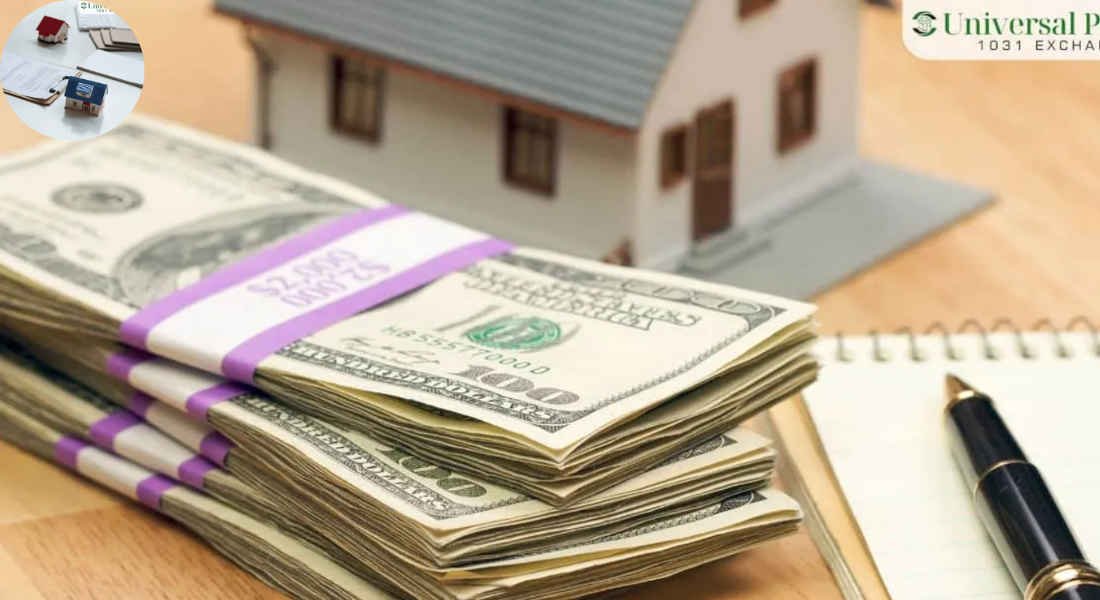Buying or selling a home involves more than just negotiating a price—understanding the costs and tax implications is essential for making informed decisions. Two of the most significant financial factors in any real estate transaction are commissions and capital gains. Commissions are the fees paid to real estate professionals for facilitating the sale of a property. At the same time, capital gains refer to the profit made when a property is sold for more than its adjusted cost basis.
Different Types of Home Commissions and How They Work
When selling a home, understanding the various types of commissions is key. The most common type is the traditional commission, typically set at around 5-6% of the sale price. This fee usually gets split between the buyer’s and seller’s agents.
Here, sellers pay a fixed amount regardless of their home’s sale price. This can be appealing to those looking to save money on high-value properties.
Some agents offer discounted or sliding scale commissions based on performance metrics or specific conditions outlined in their agreements. These arrangements can lead to savings if structured effectively.
There are limited-service listings where sellers handle much of the work themselves while still paying a lower commission rate to an agent who lists their property on multiple platforms. Each type has its pros and cons depending on individual circumstances and goals in real estate transactions.
Understanding Capital Gains
Capital gains refer to the profit you make when selling a capital asset, such as your home. This profit is calculated by subtracting the purchase price from the selling price of the property.
For homeowners, understanding these gains is crucial, especially when it comes time to sell. The Internal Revenue Service (IRS) treats these profits differently than ordinary income, which can significantly impact your tax liability.
There are two types of capital gains: short-term and long-term capital gains. Short-term gains occur if you hold an asset for one year or less before selling it. These are taxed at higher ordinary income rates. Long-term gains apply to assets held for more than a year and benefit from reduced tax rates.
Being aware of how these classifications work can help you plan your sales strategically and minimise the taxes owed on your profits.
You may also read (guide to purchasing an abandoned house successfully).
Calculating Capital Gains on a Home Sale
Calculating capital gains on a home sale involves determining the profit you make from selling your property. This isn’t just about the selling price; it’s also about how much you initially paid.
Start with the sale price of your home. From this, subtract your original purchase price. The difference is your gross gain.
Next, consider any improvements you’ve made that add value to the property, such as renovations or significant repairs, which can increase your adjusted basis. Don’t forget to include closing costs and real estate commissions, as they directly affect your net profit.
After these adjustments, you’ll have a clearer picture of what you’re gaining when you sell. Keep in mind that accurate records are crucial for ensuring proper calculations and precise tax filings later on.
Factors That Affect Capital Gains Tax
Several factors influence capital gains tax when selling your home. One primary element is the duration of ownership. Homes held for over a year typically qualify for lower long-term capital gains rates, making this an essential consideration.
The profit made on the sale also plays a crucial role. Higher profits can lead to increased tax liabilities; therefore, understanding your home’s market value is essential before listing it.
Improvements and renovations can significantly impact how much you pay in taxes. Major upgrades, such as kitchen remodels or adding a new roof, increase your cost basis, ultimately reducing taxable gains.
Location matters, too. Different states have varying rules regarding taxation on real estate sales, so it’s wise to consult local regulations or professionals who are familiar with the specifics of property taxes in your area.
You may also read (the impact of price drops on wales housing market).
Strategies for Reducing Capital Gains Tax on Home Sales
When selling a home, understanding how to minimise capital gains tax can result in significant savings. Here are some effective strategies you might consider.
First, take advantage of the primary residence exclusion. If you’ve lived in your home for at least two out of the last five years before selling it, you may exclude up to $250,000 ($500,000 for married couples) from capital gains taxes. This is one of the most beneficial options available.
Renovations, such as kitchen remodels or new roofs, increase your home’s basis and reduce the overall gain when it is sold.
Timing also plays a role in tax liabilities. Consider holding onto your property longer if you’re nearing essential milestones that could impact taxation, such as entering retirement or achieving a lower income bracket in later years.
Consult with tax professionals who specialize in real estate transactions. Their expertise ensures you’re aware of all potential deductions and credits that may apply specifically to your situation.
By employing these strategies thoughtfully and aligning them with current regulations, you can effectively manage and potentially reduce capital gains tax on home sales while maximizing profits from one of life’s most significant investments.
You may also read (7 things you need to know about under offer homes).
